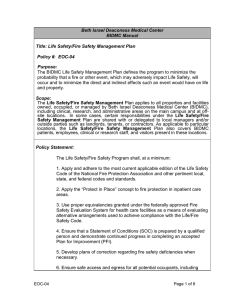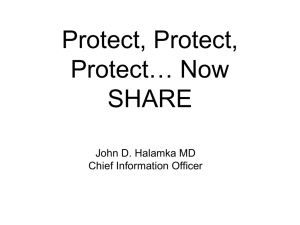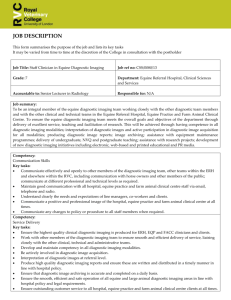Anvita Study Announcement from Dr. Max Rosen
advertisement
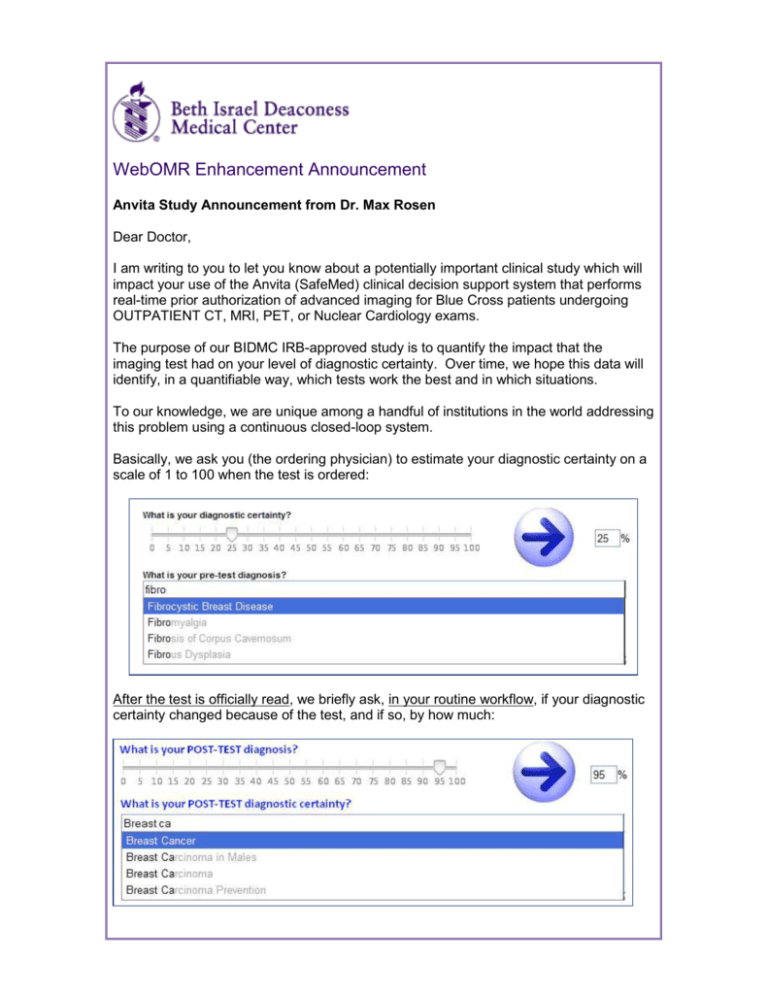
WebOMR Enhancement Announcement Anvita Study Announcement from Dr. Max Rosen Dear Doctor, I am writing to you to let you know about a potentially important clinical study which will impact your use of the Anvita (SafeMed) clinical decision support system that performs real-time prior authorization of advanced imaging for Blue Cross patients undergoing OUTPATIENT CT, MRI, PET, or Nuclear Cardiology exams. The purpose of our BIDMC IRB-approved study is to quantify the impact that the imaging test had on your level of diagnostic certainty. Over time, we hope this data will identify, in a quantifiable way, which tests work the best and in which situations. To our knowledge, we are unique among a handful of institutions in the world addressing this problem using a continuous closed-loop system. Basically, we ask you (the ordering physician) to estimate your diagnostic certainty on a scale of 1 to 100 when the test is ordered: After the test is officially read, we briefly ask, in your routine workflow, if your diagnostic certainty changed because of the test, and if so, by how much: The study draws upon work I have conducted in the BIDMC emergency department approximately 10 years ago. The advent of a more robust computer order entry system, now allows us to expand this ED study on a broader scale, in an automated fashion. The long-term benefit to our patients will be just-in-time, up-to-date knowledge on which tests have the highest diagnostic yield. For example, in the future we might be able to state that in an otherwise healthy, 35-year-old male with RLQ pain, fever, leukocytosis, and nausea, that a CT has a 95% diagnostic yield, versus 35% for an ultrasound, vs. 10% for a KUB. This information would be updated continuously, and reflect the clinical value of the newest imaging tests, almost immediately. Our study has been approved by the BIDMC Committee on Clinical Investigations (IRB) and has undergone usability testing for 6 months with a small group of HCA physicians. The study has also been funded by an educational grant from the Blue Cross Blue Shield Foundation of Massachusetts, and has received substantial interest from national policymakers, as studies of comparative efficacy are becoming of pivotal importance due to the explosion of treatment choices. One of the direct benefits of your participation will be to optionally receive email notices as soon as an imaging test has been officially read. This time-saving feature can improve patient care, and will also support our study. I’d like to thank you in advance for your participation. Please let me know if you have any questions, comments, or suggestions. Sincerely, Max P. Rosen MD MPH FACR For additional questions, please email omrsupport@bidmc.harvard.edu
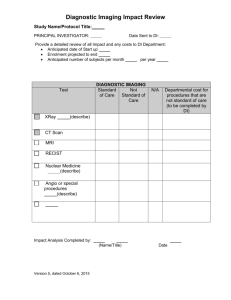
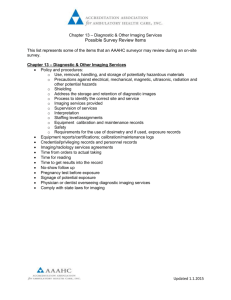
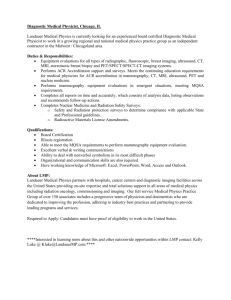
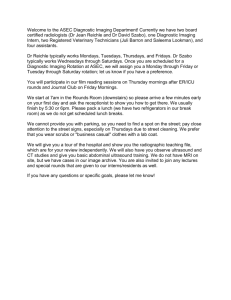
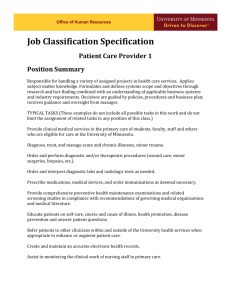
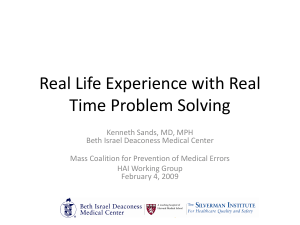
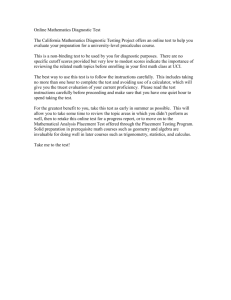
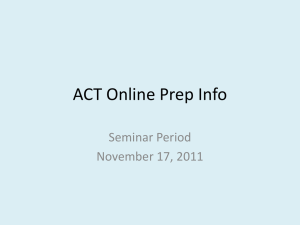
![Quality assurance in diagnostic radiology [Article in German] Hodler](http://s3.studylib.net/store/data/005827956_1-c129ff60612d01b6464fc1bb8f2734f1-300x300.png)
